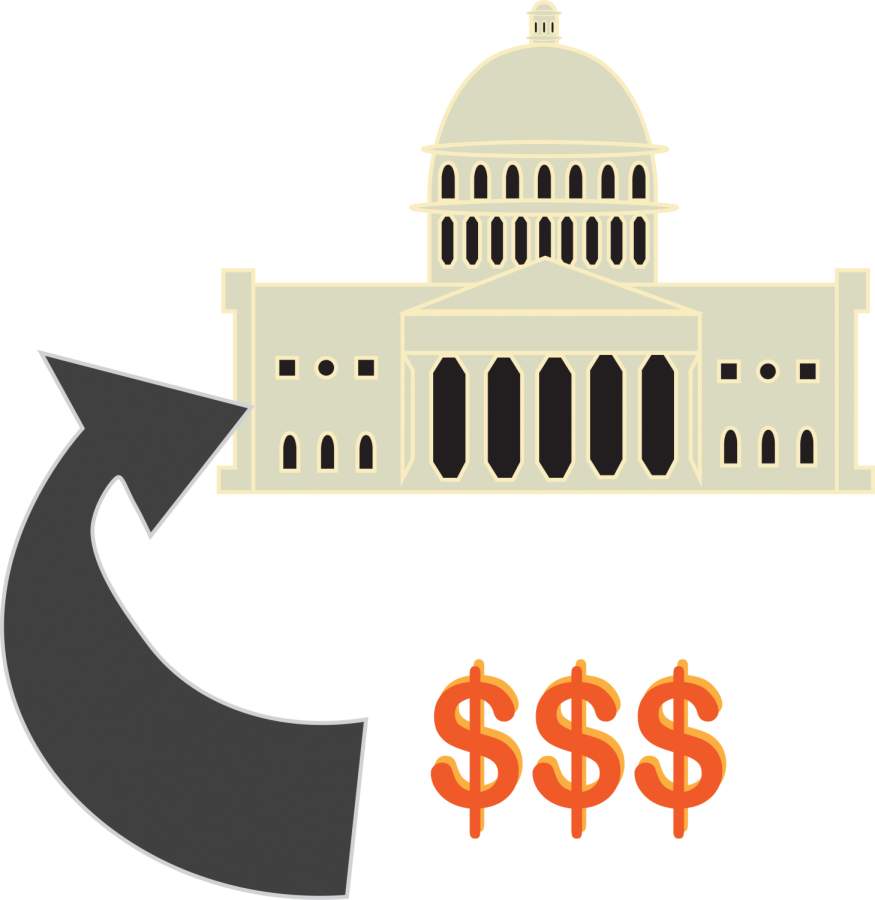Increasing corporate tax hinders economic growth
There has been a mountain of disagreements between the Trump and Biden administrations, and corporate tax rates happen to sit near the top. With the talks of President Joe Biden raising and instituting a multinational corporate tax rate for U.S. companies to pay for future infrastructure deals, economists and public opinion are once again at odds. Although it sounds good in theory – making the fat cat corporations pay a cut of their profits for once – corporate tax is one of the more inefficient ways to raise money for the government.
Although policymakers say that a corporate tax would fall exclusively on the producers, it is a fact that that is not the case. The rise in the cost of production will inevitably be reflected in the increase of consumer prices. The other effect of increased corporate tax can be corporations slashing the wages of workers to retain competitive pricing.
There’s also the problem that a corporate tax lowers the supply of capital available to corporations while also reducing the return in the noncorporate sector. This leads to a decrease in worker productivity and a depression in real wages. Back when the corporate tax was created, corporations typically had monopolistic control over a specific sector of the economy or industry, and, as such, the tax was supposed to bring back profits to the government. However, today, as corporations have become merely another type of business and most monopolistic forms are illegal, this ends up mostly hurting the public. Even the labor required to file corporate taxes hurts the economy. The Tax Foundation estimates that “labor involved in preparing corporate tax returns takes $150 billion out of the U.S. economy annually.” The corporate tax also affects the shareholders, which can be extremely problematic as most Americans have some presence in the stock market through their retirement accounts and are thereby receiving lower returns.
As the United States has one of the highest corporate tax out of all OECD countries, multinational corporations tend to headquarter themselves in tax havens or use creative accounting to avoid the high taxes stateside. Despite being less than 1% of all U.S. companies, multinational corporations have been responsible for 31% of GDP growth in the private sector. A heightened corporate tax would decrease GDP growth and wages. A global corporate tax with the goal of eliminating tax havens is an even worse idea as there would be no reasonable way to enforce it with the current state of geopolitics. There is no incentive for most European countries to heighten corporate taxes when they have such negative effects on their people.
In today’s political climate, where feelings towards public policy tend to win more votes than stating statistics, the idea behind the effectiveness of a corporate tax raise is emotional. With the damage that the tax increase can cause to U.S. GDP and wages, the United States would take longer to rebound from the aftermath of the COVID-19 pandemic. While there is widespread debate over exact percentages, a reduction to a 10% corporate tax rate would be an efficient way of gaining cash to spend on projects while encouraging beneficial outcomes in the economy.
























